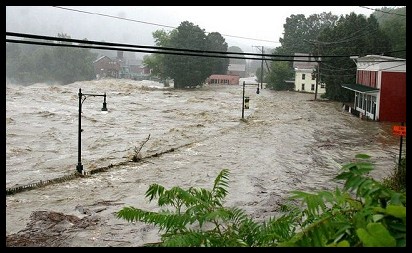Okay, I'll just say this straight off: I loved this book. It's a sort of creepy, semi-supernatural, literary mystery with roots in a historic Australian literary hoax. In short, a hard book to sum up, but one that is easy to appreciate.
Here's what Amazon says about it:
"In Melbourne in the 1950s, an arrogant young Australian poet named Christopher Chubb decides to teach his country a lesson about pretension and authenticity. Choosing as his target the trendiest of the literary magazines, he submits for publication the entire oeuvre of one Bob McCorkle, a working class poet of raw power and sexual frankness, conveniently dead at twenty-four and entirely the product of Chubb’s imagination. Not only does the magazine fall for the hoax, but the local authorities also sue its editor for publishing obscenity. At the trial someone uncannily resembling the faked photograph of the invented McCorkle leaps to his feet. At this moment a horrified Chubb is confronted by the malevolent being he has himself manufactured."
But this description is all backstory.
The "present" of the novel concerns Sarah Wode-Douglass, lover of poetry and editor of the "Modern Review" who, on a sort of whim, accompanies a lecherous old friend of her long-dead parents to Malaysia. There she finds a desperate Australian bicycle repairman reading obscure literature. The man shows her a scrap of poetry of such genius she is desperate to publish it. But in order to read the rest, she must bear witness to the bicycle repairman's strange story.
As you might have guessed by these two quite disparate descriptions, the plot of this novel is rather complicated and unconventional. The drama is almost entirely in the backstory with subplots (also involving backstory) and many interesting and not quite so interesting twists. Because of its complexity, the novel doesn't quite deliver that perfect ending I'd hoped for. It feels rushed, and much goes unexplained.
"My Life as a Fake" is ambitious beyond reason and yet, for the most part, it works. This is mostly due to Carey's beautiful prose. Although I know little about this part of the world, I felt the humid rain forest morning, the smells and narrow streets, the sense of alienation the characters seemed to cultivate.
In a way, this novel was similar to "His illegal Self"
(which I reviewed a while back). But this novel touches on bigger themes: the meaning of art, identity, guilt and redemption among many other things. And, for me, it was a real page-turner.
Enjoy!


